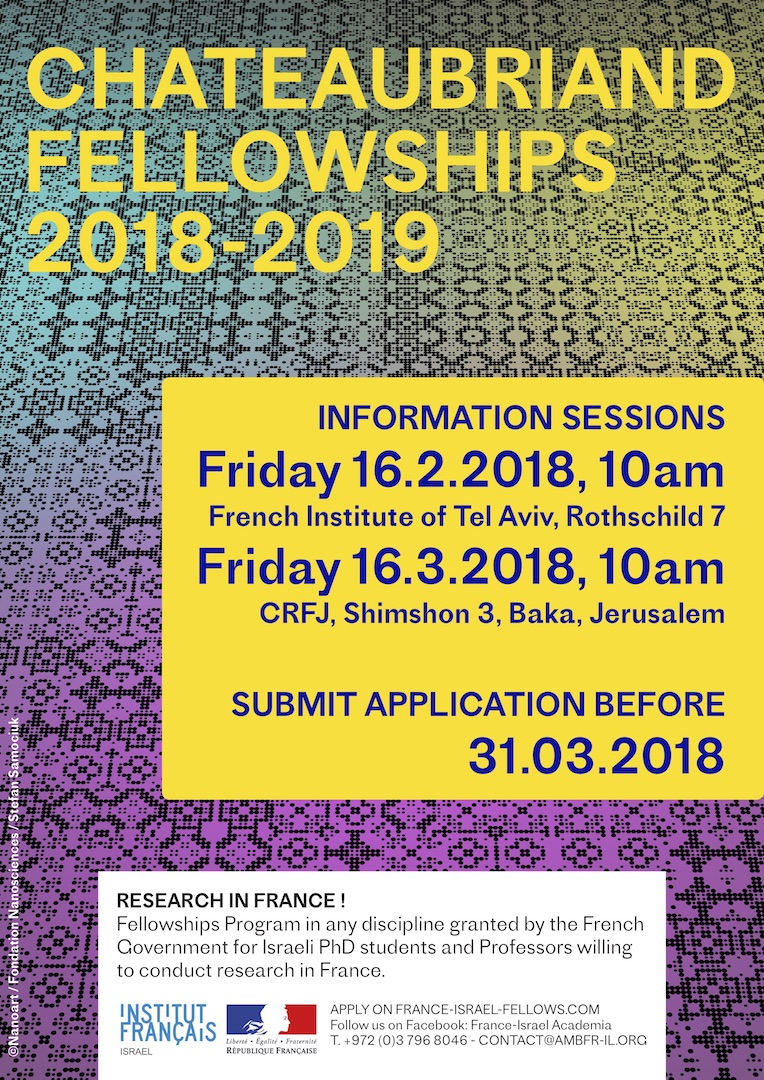 By Brendan O’Malley – Managing Editor.
By Brendan O’Malley – Managing Editor. In Commentary,
Robin Marsh says the case for international scholarships as an effective investment for economic development and social change requires some rethinking and improved evidence.
Roger Chao Jr commends the Philippines on their education reforms that aim to advance quality higher education for all and points this out as a promising case study that could be replicated in other countries.
Ann M Brewer suggests that instead of ‘keeping their eyes on the ranking speedometer’, universities should take a wider view and consider how they can benefit their own regions. And
Gerard A Postiglione predicts that the future of higher education in Hong Kong will hinge upon whether it can sustain the values – such as university autonomy – that have made Hong Kong a centre of global higher education.
In World Blog this week,
Nita Temmerman gives valuable advice to academics on making sure that research happens among the myriad of other responsibilities they carry, which is vital considering the importance of research output to career advancement.
In Features,
Brendan O’Malley unpacks a new British Council research report that warns of a sharp drop in global student mobility growth.
Stuart Miller writes that US universities need to address racial issues on campuses to attract more blacks and Hispanics to STEM – science, technology, engineering and mathematics – professions. And
Craig Blewett outlines his research on the role Facebook has played in shaping how the new generation consumes and shares content, with the aim of using technology to teach in the digital age.
In our Q&A section,
Munyaradzi Makoni interviews Professor Thandwa Mthembu, who moves into the position of chair of Universities South Africa at a time when South African universities are under pressure to implement a new fee-free higher education dispensation.
More... The Academic and Scientific Cooperation Office of the French Embassy in Israel aims to promote and stimulate the exchange of knowledge and know-how between France and Israel.
The Academic and Scientific Cooperation Office of the French Embassy in Israel aims to promote and stimulate the exchange of knowledge and know-how between France and Israel.







/https%3A%2F%2Fprofilepics.canalblog.com%2Fprofilepics%2F1%2F0%2F1076071.jpg)